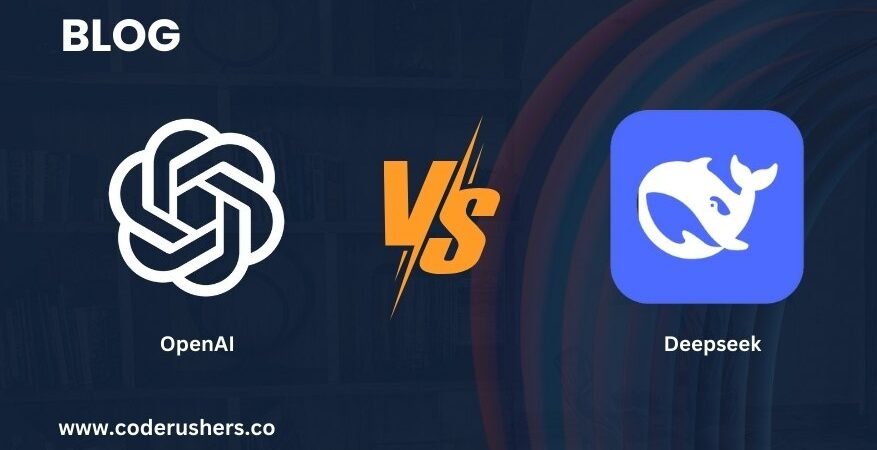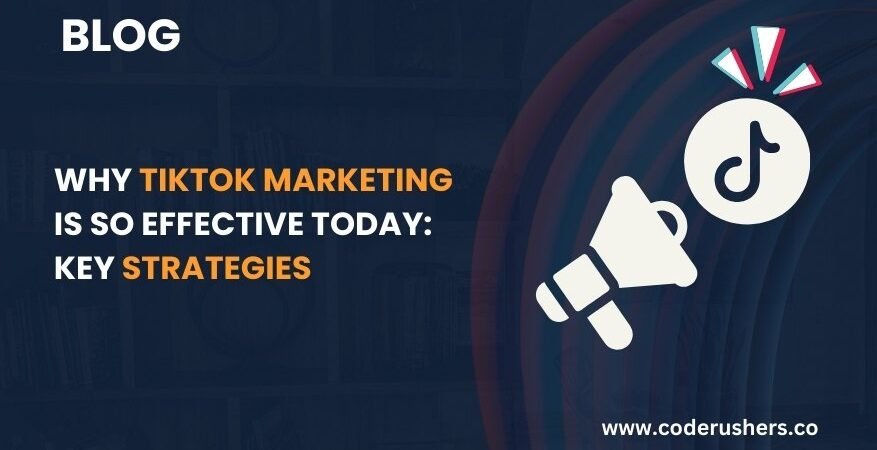
The Power of Performance Marketing: How It Drives Brand Growth
We’ve all been there, throwing money at ads and creating the perfect social media posts, only to get nothing. But how is this possible? It’s like you’re pouring your heart and soul into something, and instead of getting leads, you only get a few likes. But what if I told you there’s a way to stop the madness? Yes, I’m talking about Performance marketing. This could be the exact solution you need. No more blindly guessing which marketing tactic will work. Moreover, this approach focuses on results-driven strategies. You can get your brand in front of the right people at the right time, with measurable outcomes that actually grow your business. Don’t just take my word for it; 72% of marketers say that performance optimization gives them the best ROI compared to traditional methods. Now, imagine putting that knowledge to work for your startup. Let me disclose how brand growth through marketing can actually give you the clarity and results you’ve been craving. Trust me, you’ll wish you knew about this sooner. What Exactly Is Performance Marketing? Well, it’s a marketing type that you only pay for when it actually works. Yup, no more blind guessing. You pay for clicks, leads, sales, and real, measurable actions that prove the money you’re spending is worth it. Brand growth through marketing can be done in any way, whether it’s paid search, affiliate marketing, or social ads. The beauty lies in its accountability. You can track every dollar spent and see exactly what’s working for your brand. Think of it as the opposite of traditional marketing, where you could throw cash at a billboard or TV ad and just hope it works. Performance optimization is like getting a “money-back guarantee” for your marketing budget, but instead of a refund, you get tangible outcomes. Why Performance Marketing is Essential for Brand Growth and ROI? This is not the era of blindly trusting your brand’s growth through billboards or TV ads. If you rely on outdated methods, you’ll be lost in the noise, and your budget could drain faster than expected. Your brand can breathe only through performance optimization, to ensure that every dollar you spend brings measurable returns. Here’s why you can’t neglect its power! 1. Consumers Are Spending More Time Online With consumers spending more time online, brands must optimize their performance marketing to stay ahead. If your brand isn’t reaching them where they are, you’re already a step behind. Focus on the following key points to grab the proper attention: Properly analyze your digital ad performance to ensure that your marketing efforts aren’t wasted. Tracking online behavior will help you refine ad strategies for better engagement. A well-placed digital ad can turn passive scrollers into loyal customers. 2. Accountability in Digital marketing strategies Gone are the days of blindly spending on ads and hoping for the best. In today’s competitive digital world, you have to stay updated on each step you take. Therefore, brands need to be more accountable in their digital marketing strategies especially startups to make their name in this marketing chaos: Tracking marketing metrics helps identify the best-performing campaigns. Startups and businesses can scale effectively by analyzing campaign success. Performance optimization drives customer acquisition by focusing on marketing strategies that actually work. Additionally, you’ll be able to make a proper strategic plan that drives potential leads. How are you going to achieve that? By keeping an eagle eye on your digital marketing plan and tracking every action, whether clicks, leads, or sales, you’ll ensure that you’re only paying for what works 3. ROI in Digital Marketing Let’s be honest: wasting money on ads that don’t convert is frustrating. You can enhance audience targeting by leveraging real-time analytics to reach the right people at the right time. As a result, you’ll know that your budget doesn’t overrun with PPC advertising because you’re paying per click on the ad that drives traffic to your site. Most of the startups forget how to maintain their ROI, but here I’ve given you the top 3 tips on achieving that: Performance marketing ROI improves customer acquisition by optimizing digital ad performance. Tracking marketing metrics ensures your performance-driven campaigns deliver maximum ROI Data-driven insights help refine your strategy, ensuring better targeting and higher conversions. You don’t have to pay extra but only pay when there’s a measurable result (a sale, a lead, or a click). Say no more to guesswork! 4. Performance-driven campaigns: If your campaign isn’t gaining attention then you don’t have to wait for months to see those results. You can scale your brand instantly with Performance-driven campaigns and reach a larger audience without overspending. Moreover, if your campaign isn’t working either, you’ll know instantly. If you see your landing page isn’t turning visitors into customers, you can tweak the content, the offer, or even the ad itself to improve those numbers without wasting a single dollar. 5. It Works Hand-in-Hand with Brand Marketing Performance optimization vs Brand marketing isn’t here to replace brand-building, it’s here to enhance it. If you want your startup to stay relevant in the digital landscape, then your brand must blend performance optimization strategies with brand marketing efforts. A balanced approach ensures both long-term growth and immediate results. Tracking customer engagement helps align branding with real consumer needs. This synergy allows businesses to not just capture attention but turn it into long-term customer loyalty and sustainable success. Key Channels and Tactics in Performance Marketing The debate isn’t about spending more; it’s about spending smarter. There are multiple channels to reach your target audience, but the real OG is how you analyze your marketing metrics. Whether it’s search ads, influencer partnerships, or email campaigns, the goal is simple: drive measurable results and increase your brand’s ROI. Ready to put your marketing budget to work the right way? Then focus on building strategic planning on these key channels below: 1. Search Engine Marketing (SEM): Catch Customers When They’re
Explore More








